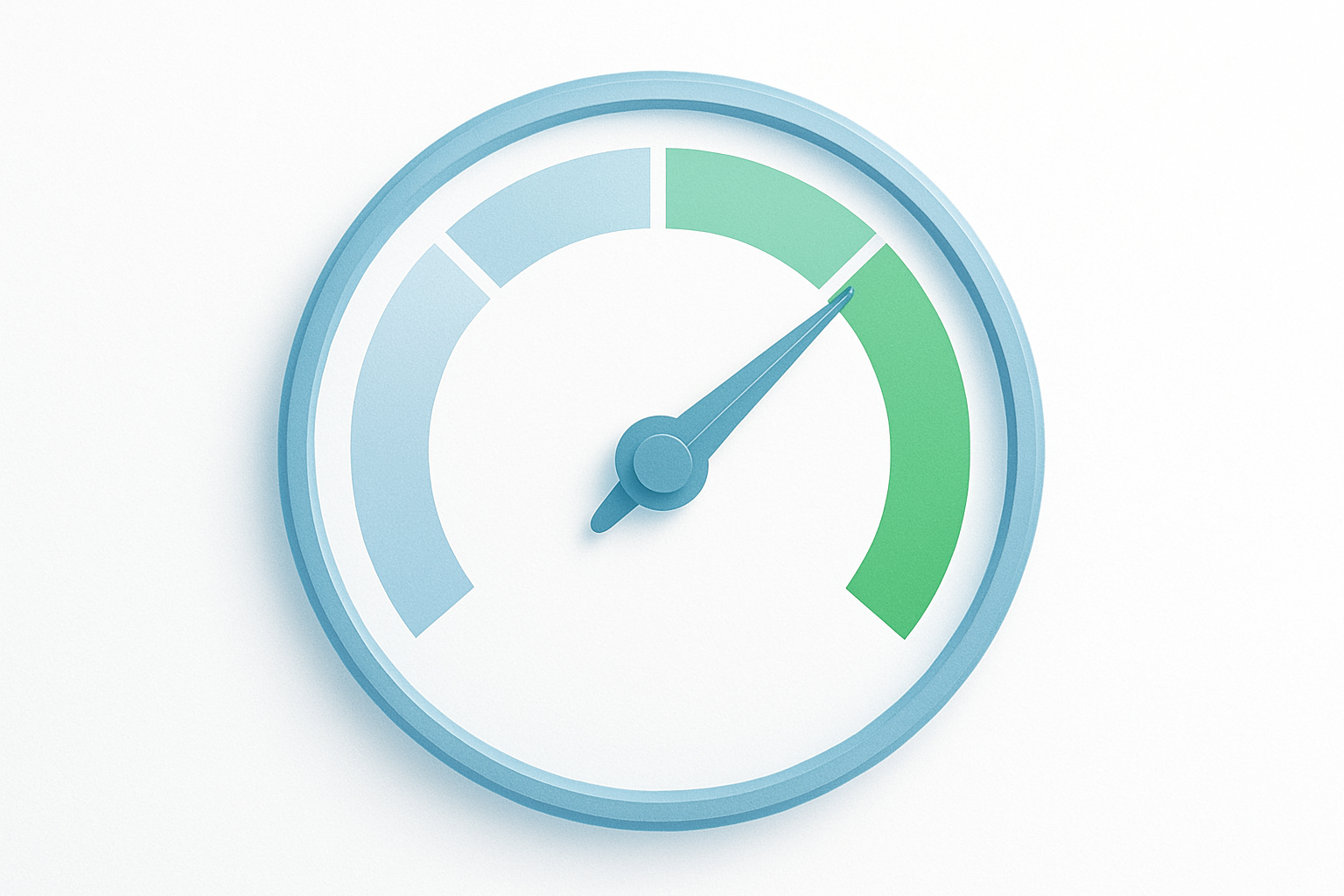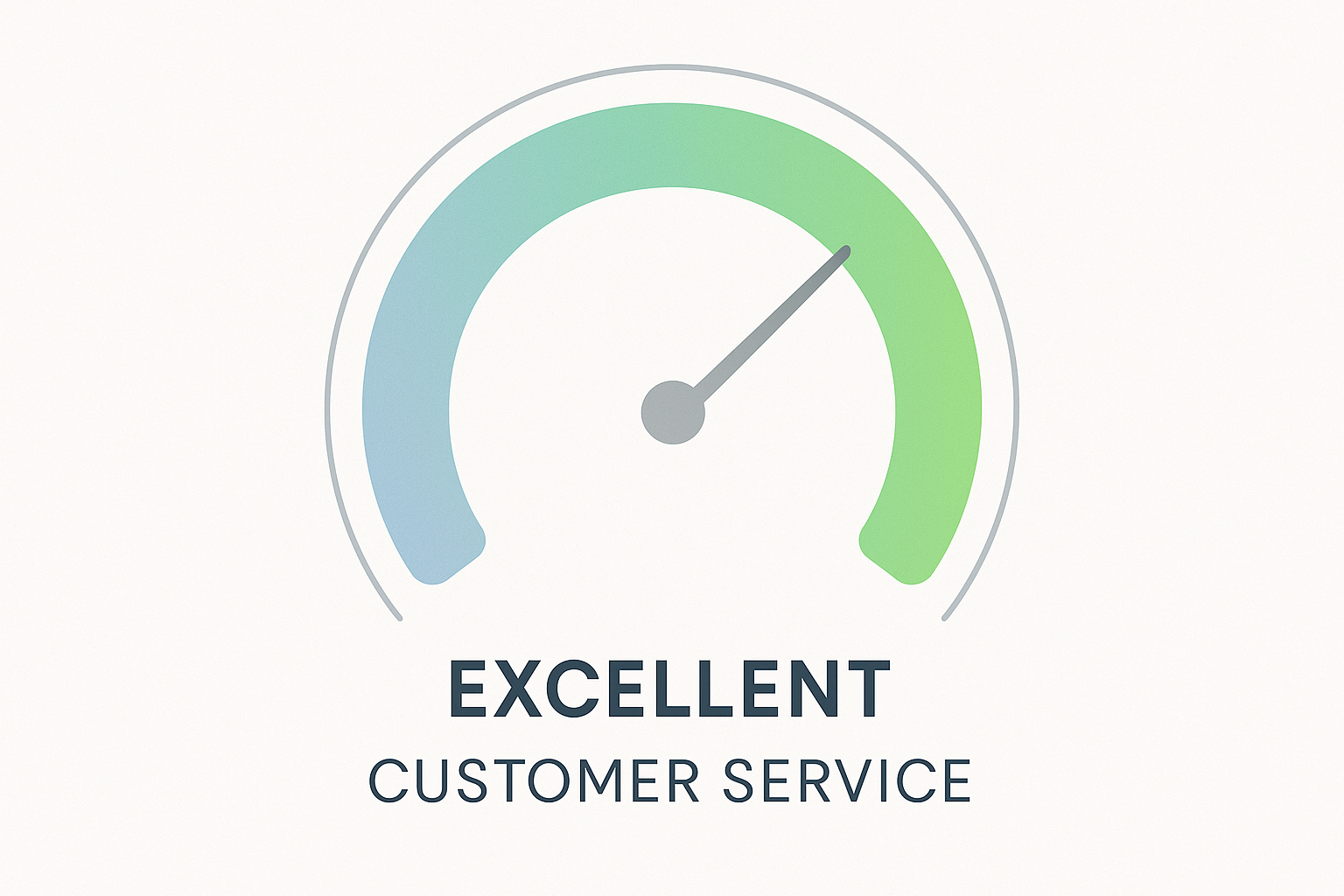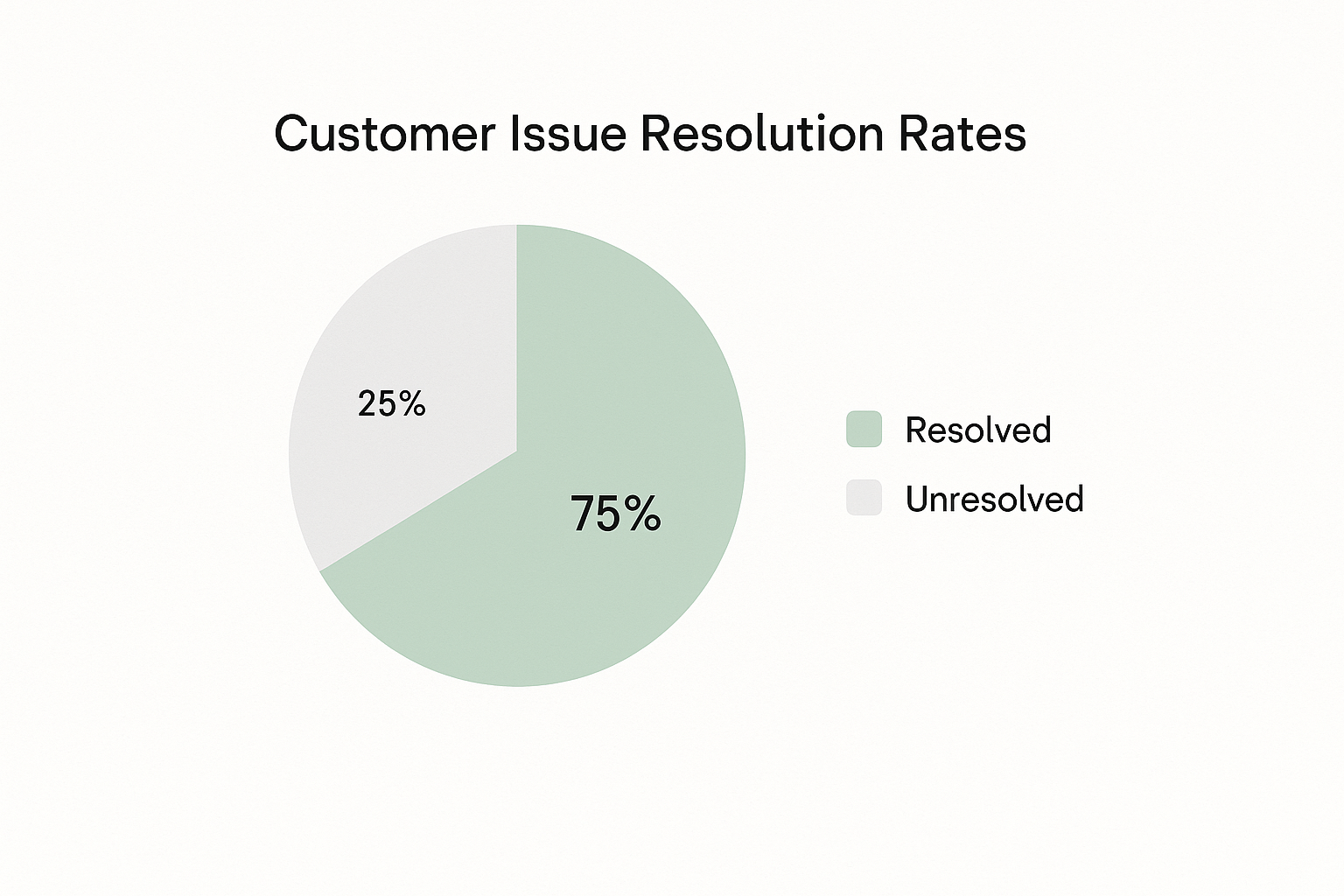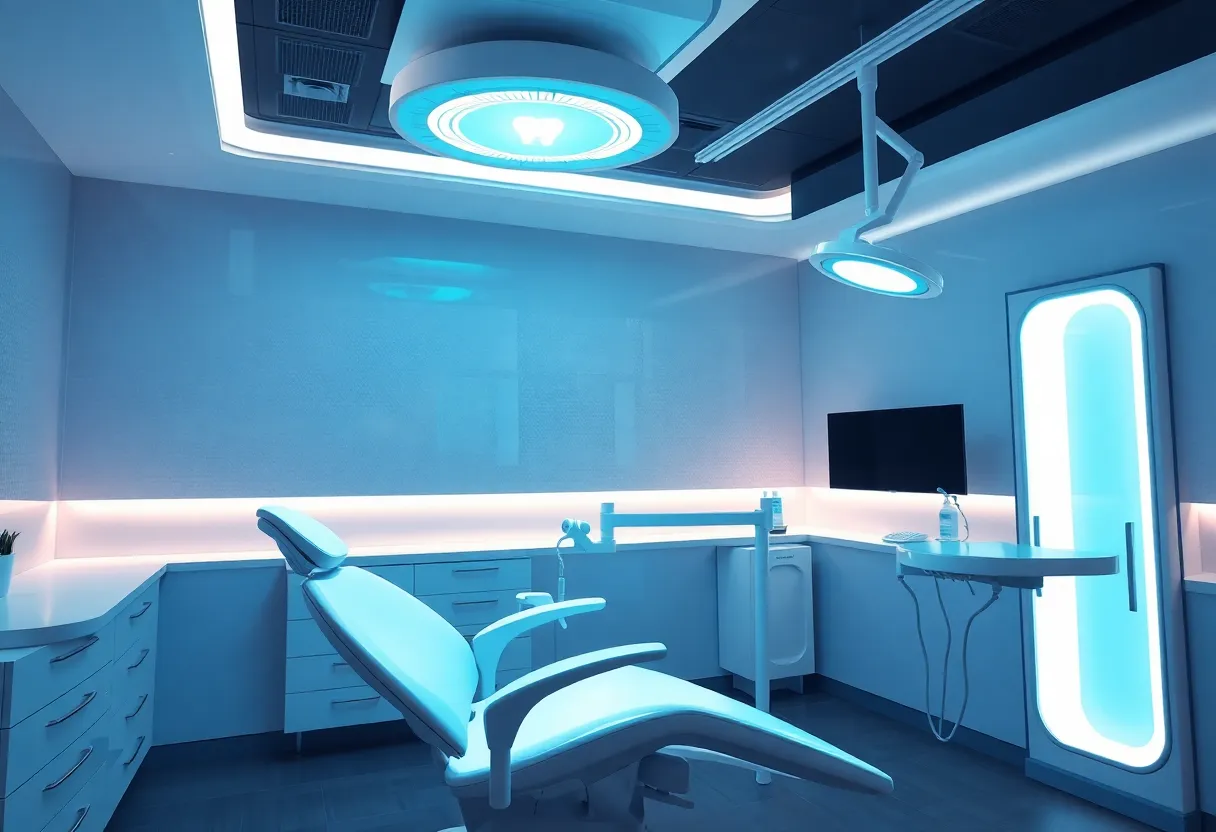Imagine waking up at 2 AM with a throbbing toothache, desperately seeking guidance but finding your dentist’s office closed. This all-too-common scenario is driving a revolution in dental care, with AI-powered chatbots stepping in to provide 24/7 patient support. These intelligent virtual assistants, like The OnCall Bot, are transforming after-hours engagement for dental practices, offering instant answers and peace of mind when patients need it most.
Table of Contents
The After-Hours Patient Engagement Challenge
Dental emergencies don’t follow a 9-to-5 schedule. A chipped tooth or severe toothache can strike at any hour, leaving patients scrambling for help. Historically, after-hours dental care has been limited to answering services or voicemail systems, often leaving patients feeling frustrated and unsupported.

Consider these common after-hours scenarios:
- A patient with sudden tooth pain at 2 AM
- Someone who knocks out a tooth during a weekend sports game
- A parent worried about their child’s loose filling on a holiday
In these situations, patients crave immediate information and reassurance. Yet many dental practices struggle to provide it.
The impact of poor after-hours engagement is significant:
- Decreased patient satisfaction
- Missed opportunities for urgent care
- Potential loss of patients to competitors
- Increased stress on staff managing backlogged messages
A recent study on dental practice management found that practices offering 24/7 support saw a 30% increase in patient satisfaction scores.
| After-Hours Support Method | Patient Satisfaction Score |
|---|---|
| Voicemail Only | 45% |
| Answering Service | 62% |
| 24/7 AI Chatbot | 85% |
As patient expectations evolve, dental practices face a clear challenge: how to provide responsive, helpful support outside of office hours without burning out staff or breaking the budget. This is where AI dental chatbots are stepping in, offering a smart solution to boost after-hours patient engagement. The OnCall Bot, for instance, provides 24/7 support, handling common questions and appointment requests automatically.
By addressing the after-hours gap, dental practices can improve patient care, reduce stress on staff, and stay competitive in an increasingly on-demand healthcare landscape.
Key Features of AI Dental Chatbots
AI dental chatbots are changing how dental practices handle after-hours patient care. These smart assistants never sleep, giving patients 24/7 access to help. Let’s look at what makes these chatbots so useful:
- Always available: Patients can get answers any time, day or night
- Quick scheduling: Book appointments without calling the office
- Personalized help: Get tailored responses to common dental questions
- Emergency guidance: Offer initial advice for urgent dental issues
These features mean patients don’t have to wait until morning to get the info they need. It’s like having a knowledgeable dental assistant on call all the time.
But it’s not just about being available. These chatbots are smart. They can understand context and give relevant answers. For example, if a patient asks about tooth pain, the bot might suggest over-the-counter pain relief and help schedule an appointment.
Benefits for Dental Practices and Patients
AI chatbots aren’t just cool tech – they bring real benefits to both dental offices and patients. Here’s how:
For Dental Practices
- Less work for staff: No more spending hours on the phone answering basic questions
- More efficient scheduling: Chatbots can fill appointment slots automatically
- Happier patients: Quick responses lead to better patient satisfaction
- Fewer no-shows: Automated reminders help patients remember appointments

For Patients
- Instant answers: No waiting on hold or for callback during office hours
- Convenience: Book appointments or ask questions anytime, anywhere
- Peace of mind: Get quick advice for dental concerns, even late at night
- Better care: More engagement with the dental office leads to better oral health
These benefits add up to a win-win for everyone involved. Dental practices can focus on providing care, while patients get the support they need, when they need it.
A study on AI health bots found that practices using chatbots saw a 30% increase in patient engagement. That’s a big deal for dental offices looking to grow and keep patients happy.
Implementing AI Chatbots in Your Dental Practice
Ready to bring AI chatbots into your dental practice? Here’s a simple guide to get started:
| Step | Action | Why It’s Important |
|---|---|---|
| 1. Assess Your Needs | Figure out what tasks you want the chatbot to handle | Ensures the solution fits your practice |
| 2. Choose a Provider | Research and select a dental-specific AI chatbot service | Gets you a tool designed for dental practices |
| 3. Integration | Set up the chatbot to work with your current systems | Makes sure everything runs smoothly |
| 4. Train Your Team | Show staff how to use and manage the chatbot | Helps everyone make the most of the new tool |
When picking a chatbot, look for one that understands dental lingo and can handle common dental questions. The OnCall Bot, for example, is built just for dental practices and can tackle a wide range of patient queries.
Integration is key. Your chatbot should work seamlessly with your appointment system and patient records. This way, it can book real appointments and access the info it needs to help patients.
Don’t forget to let your patients know about the new service. A simple email or sign in the office can go a long way. You might say something like, “Got a dental question at 2 AM? Our new AI assistant is here to help!”
Measuring Success and Improving Over Time
Once your chatbot is up and running, keep an eye on how it’s doing. Look at things like:
- Number of after-hours inquiries handled
- Patient satisfaction scores
- Reduction in phone call volume during office hours
- Increase in appointment bookings
Use this data to fine-tune your chatbot. Maybe you’ll find patients often ask about a service you don’t offer. That could be a sign it’s time to expand your practice.
Remember, AI chatbots learn and improve over time. The more they interact with patients, the better they get at understanding and responding to questions. It’s like having a team member that’s always learning and getting better at their job.
The Future of Dental Patient Care
AI chatbots are just the beginning. As technology advances, we’ll likely see even more ways for dental practices to use AI to improve patient care. Imagine chatbots that can analyze photos of dental issues or predict when a patient might need a follow-up appointment.
For now, implementing an AI chatbot is a smart move for any dental practice looking to boost patient engagement and streamline operations. It’s a simple step that can make a big difference in how you care for your patients, even when the office is closed.

The Future of AI in Dental Patient Engagement
AI dental chatbots are quickly becoming essential tools for modern dental practices. They’re solving real problems, like handling after-hours patient questions and streamlining appointment scheduling. But this is just the beginning of what AI can do for dental care.
Let’s look at some key ways AI chatbots are changing the game:
- 24/7 availability – no more missed calls or frustrated patients
- Personalized responses – patients get tailored info, not generic replies
- Reduced workload – front desk staff can focus on in-office patients
- Detailed conversation records – practices gain valuable patient insights
These benefits are impressive, but the potential goes even further. Here are some exciting developments on the horizon:
- Voice assistant integration – imagine patients using Alexa to check appointment times
- Predictive analytics – AI could flag patients at risk for certain conditions
- Multilingual support – breaking down language barriers in diverse communities
The OnCall Bot is at the forefront of this AI revolution in dentistry. It offers many of these cutting-edge features today, with plans to expand capabilities even further.
But it’s not just about the tech – it’s about improving patient care. AI chatbots can significantly boost patient engagement and satisfaction. They provide instant answers and a sense of 24/7 support that today’s patients crave.
Of course, AI won’t replace human dental professionals. Instead, it will empower them to provide better, more personalized care. By handling routine tasks, AI frees up dentists and staff to focus on complex cases and building patient relationships.
As experts predict, AI chatbots will become increasingly sophisticated. They’ll integrate with practice management systems, offer more advanced diagnostic support, and even help with treatment planning.
The future of dental patient engagement is bright, and AI chatbots are leading the way. Practices that embrace this technology now will be well-positioned to thrive in the years to come.
Wrap-up
AI dental chatbots are changing the game for after-hours patient care. They’re not just fancy tech – they’re practical tools that help dental practices stay connected with patients 24/7. By handling routine questions and appointment requests, these chatbots free up staff time and keep patients happy.
But it’s not about replacing humans. The best dental practices find a sweet spot between AI efficiency and that irreplaceable human touch. Patients appreciate quick answers at 2 AM, but they also value the care and expertise of their dentist and staff.
Ready to explore AI for your practice? Start by identifying your biggest after-hours challenges. Then check out solutions like The OnCall Bot, which is built specifically for dental offices. Remember, the goal is to enhance your patient care, not complicate it.
As we wrap up, you might have some questions about implementing AI in your dental practice. Let’s address some common concerns in our FAQ section below.
Common Questions About AI Dental Chatbots
How much do AI dental chatbots typically cost?
AI dental chatbots are more affordable than you might think. Many providers offer monthly subscription plans starting around $50-$100 per month. Some, like The OnCall Bot, have a one-time setup fee and then a low monthly cost. The exact price depends on features and practice size, but it’s often less than hiring a part-time receptionist.
Are AI dental chatbots HIPAA compliant?
Yes, reputable AI dental chatbot providers design their systems to be HIPAA compliant. They use encryption, secure data storage, and strict access controls to protect patient information. It’s important to verify compliance with any provider you’re considering. The OnCall Bot, for example, prioritizes data security and HIPAA compliance in its design.
Can AI chatbots be customized for my dental practice?
Absolutely. Most AI dental chatbots allow customization to match your practice’s specific needs. This can include adding your practice’s name, services, and even mimicking your communication style. Some advanced options let you create custom responses for frequently asked questions unique to your office.
Do patients actually use dental chatbots?
Surprisingly, yes. Many practices report high usage rates, especially for after-hours inquiries. Patients appreciate the 24/7 availability and quick responses. Usage tends to increase over time as patients become more familiar with the option. Some practices have seen up to 30% of patient interactions handled by chatbots, freeing up staff time for more complex tasks.
How do AI chatbots handle complex dental questions?
AI chatbots are designed to handle a wide range of dental queries, from basic to moderately complex. For highly specific or unusual questions, most chatbots are programmed to politely inform the patient that their query requires direct staff attention and offer to schedule a follow-up. This ensures patients always get accurate information while maintaining a helpful, professional interaction.

No responses yet